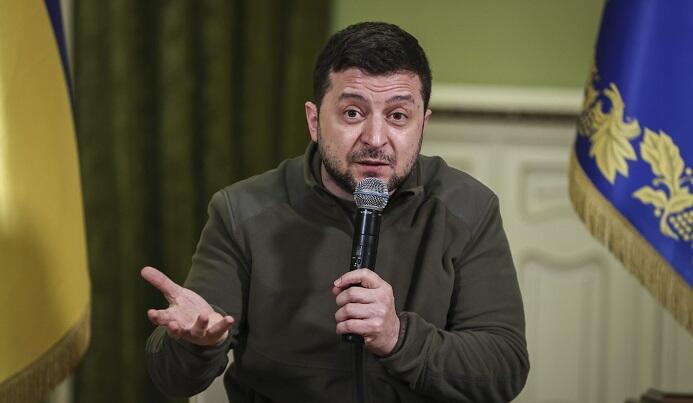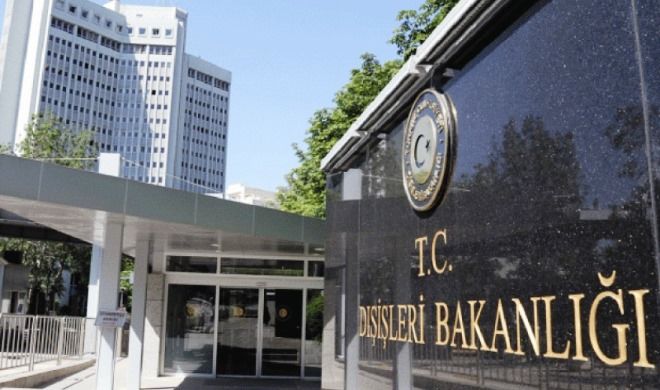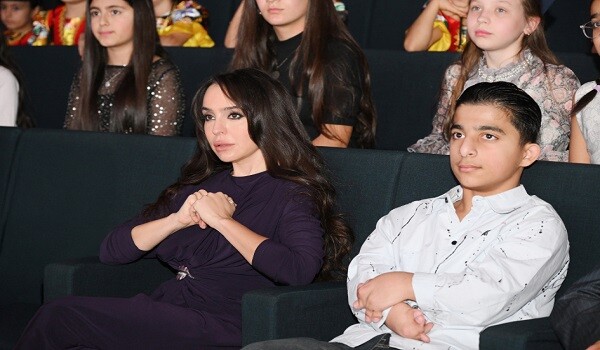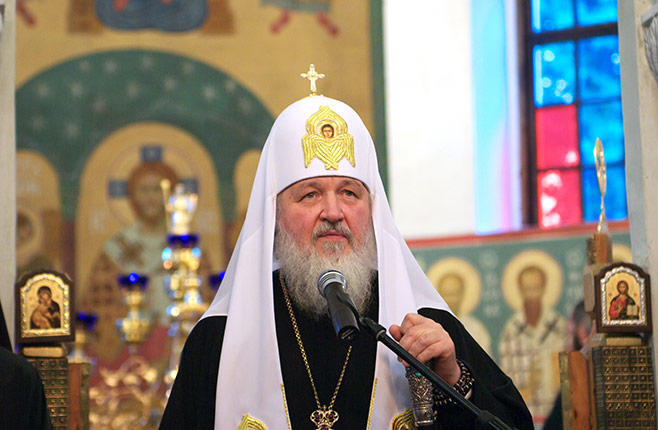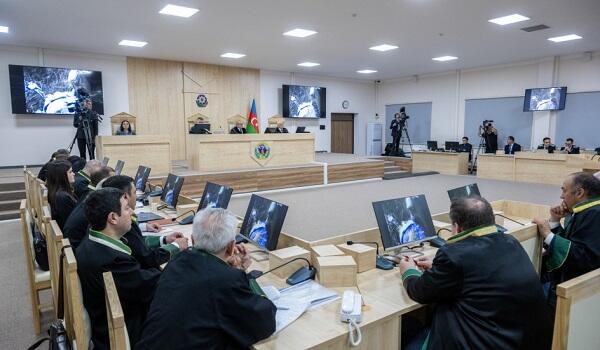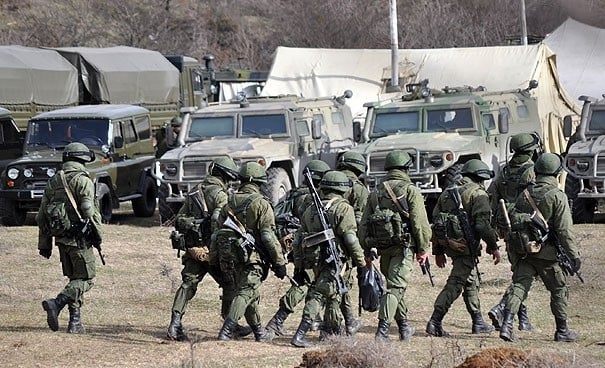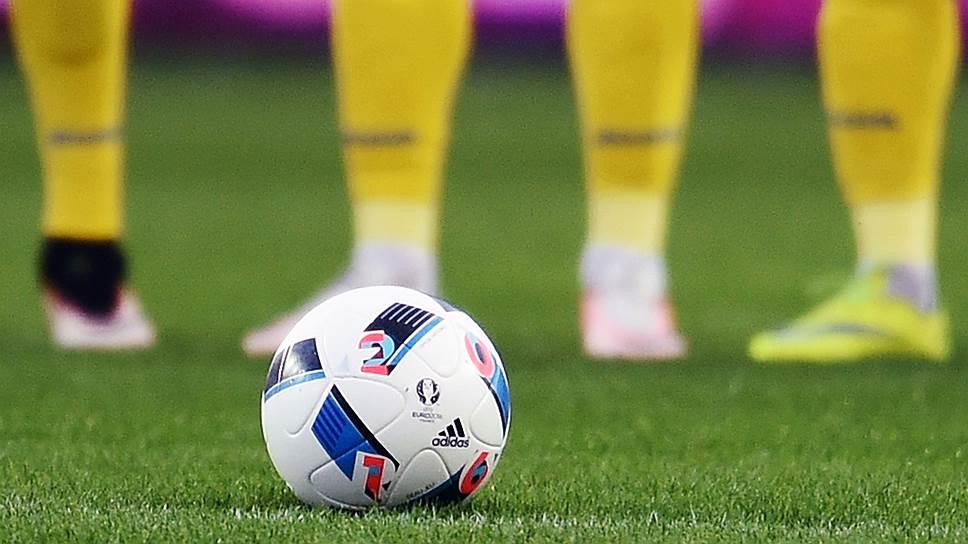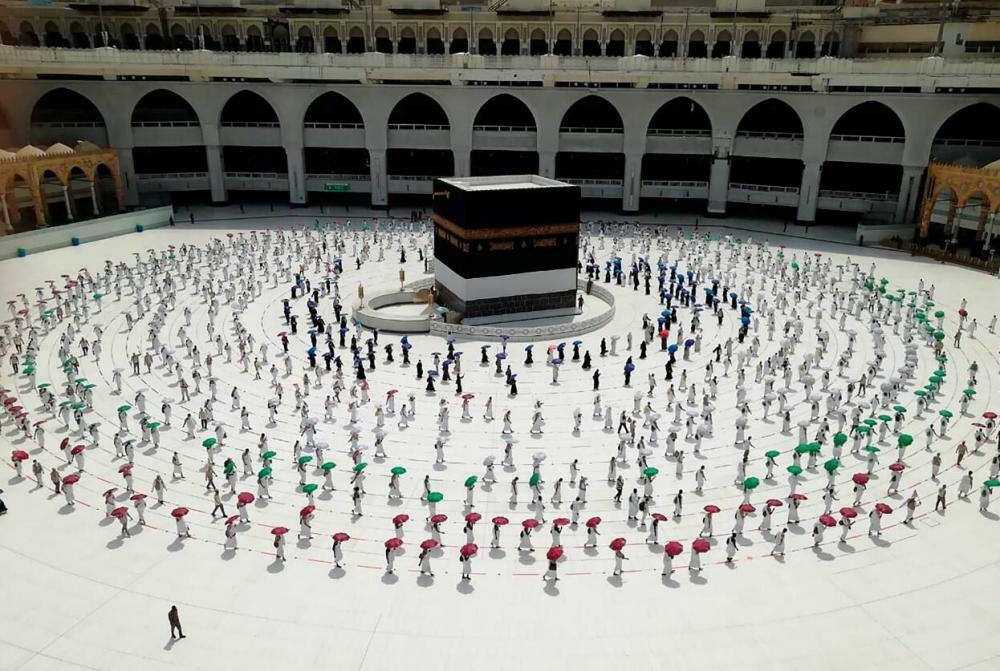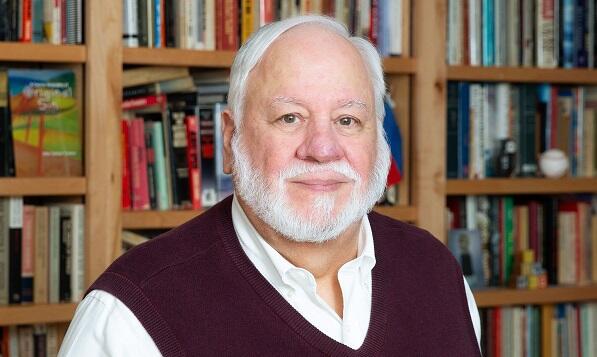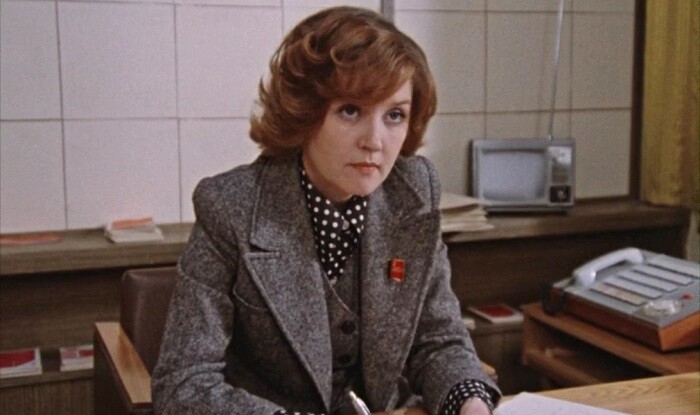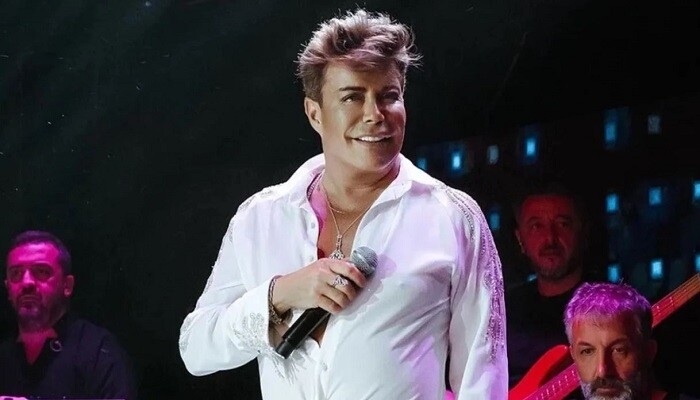Axar.az presents an article "Education and Pyschology" by John Samuel Tieman.
I retired from teaching some time ago. About a decade or so before I retired, I studied at the St. Louis Psychoanalytic Institute. I started writing about the influence of psychoanalytic theory on education. My motivation for this writing was, simply put, how little educators understand psychology.
Here's one example. I published a scholarly essay about shaming in an educational journal. Because of that, I was invited to address the American Psychoanalytic Association at their annual meeting at the Waldorf-Astoria in New York City. I was invited to speak at a symposium and a discussion group. So I asked my boss for a few days off. He understood that what I was doing was prestigious, but “I just don't understand why all this psychology is important,” he said. He was not unusual.
I once mentioned to an educational consultant that many of my students were feeling anxiety about the state exams. “You’re a psychologist,” she said, “so give the kids pieces of candy, and just don’t mention the tests.” I was speechless. It quickly became clear that she, among other things, had no sense of what I meant when I said, “Some of the kids are dealing with anxiety by over-stimulating themselves, others act out, others regress, and still others seem depressive.” She makes no distinction between a psychologist and a psychoanalytically informed teacher. She too was not unusual.
No one has The Answer for educational reform. No one is that wise. But I do have one good idea. Not a sweeping, one-size-fits-all reform, but a somewhat conservative, back-to-basics approach that some might find useful in some settings. Psychoanalytic literacy.
Almost all educational psychology these days is cognitive/behavioral. There's nothing wrong with a cognitive/behavioral approach. On the contrary, it can be quite informative and useful. The problem is one of over-emphasis. Pick-up almost any ed. psych. book, and you likely will find only a few pages, sometimes only a few paragraphs, on Sigmund Freud and his followers in the 20th and 21st centuries. Much more space often is devoted to Pavlov, and all those slobbering dogs, than is given to Anna Freud, herself a school teacher and the mother of educational psychology.
The emphasis tends to be on mechanics. Take the current fascination with brain science. Some days, it feels as if all anyone has anymore is a brain, that no one has a mind. As Lemka says in Tom Stoppard’s Rock ‘n’ Roll, “What you like about brains, Max, is that they all work in the same way. What you don’t like about minds is that they don’t.”
Educational psychology needs to get back to its roots. We need to honor, and attend to, the emotional lives of teachers and students. The cognitive/behavioral model tends to view the student as a set of behaviors. Again, there is nothing inherently wrong with this partial view. Indeed, it can be quite useful. My concern is to get back to the roots of all educational psychology, the psychoanalytic model, the fullest model, as well as the century of data from the application of that model.
This cognitive/behavioral approach tends, in the classroom, to be even narrower than, say, the theories of B. F. Skinner. We educators tend to think of psychology as a branch of problem-solving. The student does this, then you do that. Problem solved. Psychology is purely instrumental. It is the tool, the means to elicit submissive behavior. This is not a healing art. This is not about relationship – it’s a manipulative tool.
Psychoanalytic theory gives teachers a form of literacy, a rich vocabulary with which we experience and express our relationships in school.
I got a visit the other day from Tomyko. I taught him English in middle school. Tomyko was a nice kid. But his future looked bleak. He had what I call ‘the litany of sorrows’. Poor. Occasionally homeless. No known parents. Friends in the Crips. He was experimenting with drugs and sex.
Tomyko was a nice kid, yes, but also a maddening one. Talking in class, never doing the work, he made me constantly angry. But, if there is one thing a psychoanalytic orientation has taught me, it is that it’s OK to be angry as long as the relationship is maintained.
We had long talks, Tomyko and I. By applying my psychoanalytic studies, I learned a lot. I learned how to take the kid aside, discipline him, and also make sure that ‘You and I are still cool, right?’ I learned to address the misbehavior, but not attack the person. I learned from Tomyko to listen to the relationship, to the feelings between us. I learned to listen to his longing for a father, and the anger he projected on me, the father figure, the only stable male in his life. I learned to listen to my feelings. Why do I feel like a scolding father? Or worse, a shaming father? I learned to listen for warning signs. Why do I want Tomyko suspended, transferred, expelled? Above all other things, I learned that, whatever the tensions, the hope is to grow within the relationship, to grow in a way that moves both toward their fullest potential.
Tomyko told me that he’s in the community college. So the story has a happy ending. And while I cannot take credit for the edifice that is his life, I can take credit for a brick or two.
